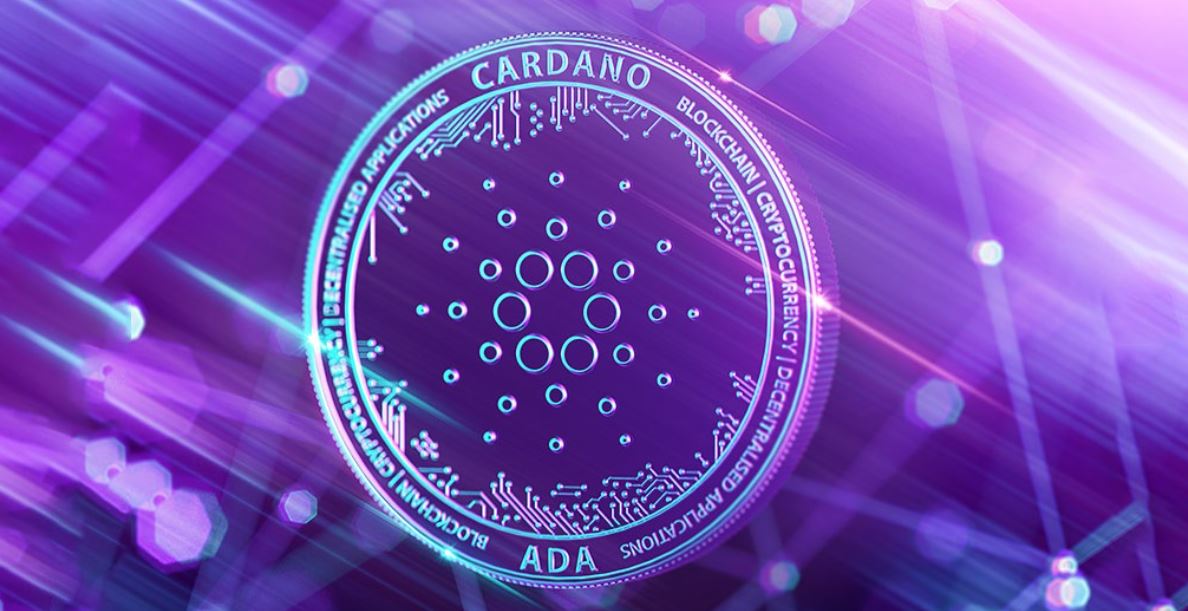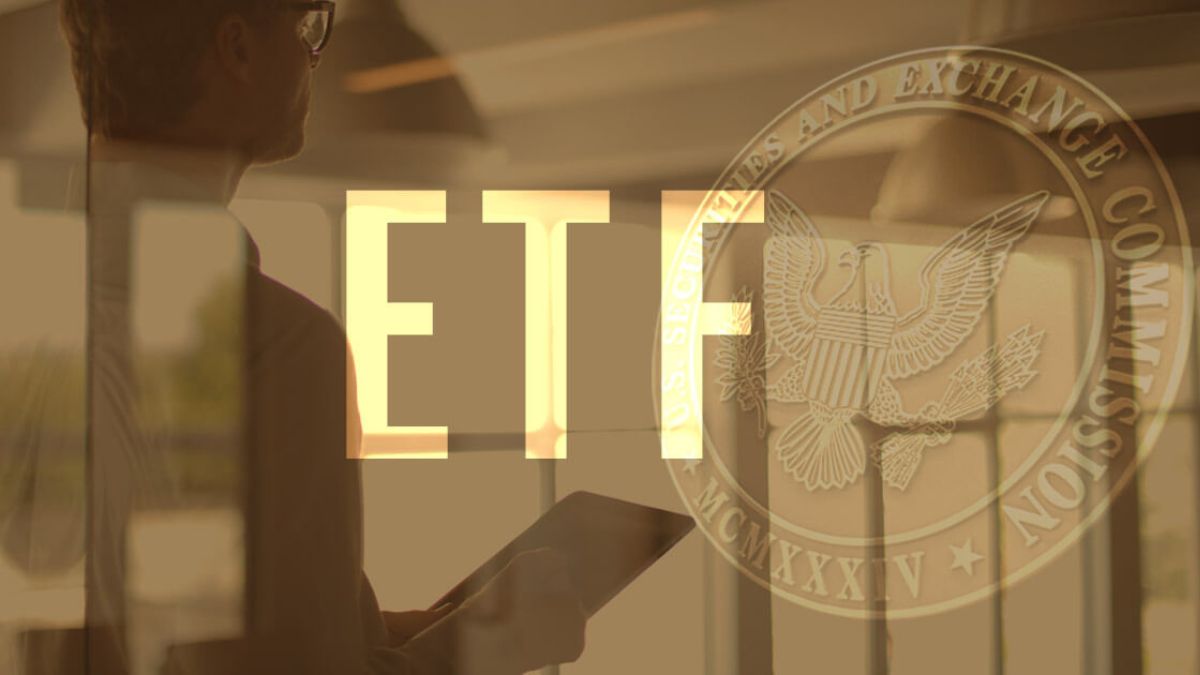What is the Japan DAO Law?
DAOs or Decentralized Autonomous Organizations have shown the potential to organize economic activity, allocate investments, fundraise, and other organizational functions in a more efficient way.

DAOs or Decentralized Autonomous Organizations have shown the potential to organize economic activity, allocate investments, fundraise, and other organizational functions in a more efficient way.
Leveraging blockchain technology, DAOs are a new type of online-based human organization or entity that is self-running with its own set of rules and conditions.
Over the past few years, the talks of and interest in DAOs have become more commonplace as blockchain technology and cryptocurrencies have gained widespread attention in the news.
Yet, while blockchain and certain cryptocurrencies may be starting to be understood at a basic level by a technical and non-technical audience, the topic of DAOs is still relatively new.
One major obstacle to increasing its awareness has been the opaque or lack of regulatory frameworks surrounding DAOs and also the greater blockchain industry.
Thus, companies, developers, and individuals interested in forming a DAO tend to be reluctant to invest resources and time to build a DAO due to legal uncertainties.
However, this tendency may be shifting as more governments are starting to embrace the expansion of blockchain-based Web3 technologies and services such as a DAO. In particular, Japan has introduced discussions on forming a framework for DAO integrations and has taken the first step among major nations to support its growth.
This blog will further discuss the basics of DAOs, their use cases, and how Japan is attempting to pave the way for commercial DAO adoption.
What is a decentralized autonomous organization (DAO)?
A DAO is a type of online-based entity in which decision-making powers lie within a group of its members. In the DAO model, no central authority chooses how to allocate resources, distribute revenue, hire new personnel, etc.

The DAO makes these choices as a whole and then these are executed by the entire organization. As such, a DAO can represent the interests of the community and have the force of legitimacy since a majority of its members have approved its decisions.
Read more: What are some DAO-related trends?
What does a DAO require?
To achieve this vision, a DAO requires several pieces of Web3 or blockchain-based technologies:
- First, a blockchain network: First and foremost, DAOs require a decentralized blockchain network such as Cardano. All the coordination mechanisms that go into the self-running of a DAO happen over a distributed ledger or blockchain network. Absent this technology, DAOs would not be able to function as truly decentralized autonomous organizations.
- Second, a membership token: Another key piece of a DAO is a way to provide and verify membership. A membership token such as an NFT issued on a decentralized blockchain allows them to prove they are part of the organization and act as part of a larger whole. These tokens can hold essential membership information in their metadata.
- Third, a voting token: It’s also important to have a digital token that represents the voting power of the DAO members. A DAO requires its members to vote to allocate resources, propose and enact measures, etc. These happen via voting tokens issued on a blockchain network as well.

- Fourth, a platform: one can host the votes and track the results. In some cases, a project can create their own platform. But often, the more established blockchain ecosystems have their own DAO tools that provide this kind of service.
- Fifth, a digital asset or crypto wallet: All of the above can only work if there is a reliable way to interface with the blockchain and hold or transact the digital tokens. This is where a crypto wallet comes in. It allows users or organizations to securely sign token transactions such as committing tokens to votes and also hold their membership tokens.
For example, Yoroi is an open-source and self-custodial Cardano blockchain wallet that allows for all the crypto actions mentioned above and also interfaces with other Cardano-based DAO tools. This makes it a direct tool that a Cardano-based DAO and its members could use.
Other pieces that are not required but useful to have include:
- Treasury management: DAOs that have operated for a longer time normally lock their funds in a treasury system through a smart contract that holds crypto assets and only releases them if a condition has been fulfilled. The condition can be a minimum threshold of votes, certain keys signing a transaction, or some other event. In this way, the resources of the DAO can’t be overtaken by dishonest actors.
Related reading:
Why are DAOs important?
So, what is the potential of a DAO and its potential implications for businesses, organizations, and individuals?
As mentioned, a DAO is a new type of digital institution that can be used to organize human activities and be self-run with a set of blockchain-based digital tools at its disposal to ensure effectiveness. It takes decisions collectively through its members and decides how to best carry out activities to meet its objectives.
In many ways, it’s like the cooperative model in which the workers of the organizations are also the owners and make decisions collectively when needed. The main difference is that a DAO opens this model on a global scale.
Cooperatives have problems scaling beyond their local regions because they don’t provide a way for people to vote from all over the globe. They don’t scale beyond their regional borders and are outcompeted by larger companies.
A DAO can have the same, or even better, voting mechanisms than a cooperative and this can reach a global community. Anyone can become part of a DAO from anywhere via the instantaneous digital properties of blockchain technology.
Digital tokens give voting power to every member and blockchain networks allow the members to track the resources of the DAO. The community not only chooses but also verifies the actions are being taken as per the original vote.
DAO use cases
The transformative power of DAOs is already creating new ways for people to create self-run digital organizations. Some examples are:
- Specific functioning DAOs: Many DAOs have a specific objective or goal their members would like to attain. For example, one of the most popular DAO use cases is investment groups. These are communities that pool their resources, lock them in a treasury, and then vote on what assets to buy. The assets become the shared property of all the members and when they appreciate the entire organization benefits. If the opposite happens, then everyone is aware that the asset was purchased by a collective vote, therefore there is less potential for internal conflict.
- Decentralized exchanges (DEXs): Many DEXs adopt the DAO governance model to make exchange-related decisions. Decentralized exchanges are P2P marketplaces that facilitate the trading of cryptocurrencies and offer other services such as yield farming. Members use DEX-distributed tokens and other affiliated tokens to propose and vote on future decisions such as new token listings, modifying transaction fees, launching a marketing campaign, or even moving to a new blockchain. All these decisions are taken by the community that owns the DEX’s tokens and has the incentive to make those assets valuable and sustainable.
- DAO tools: Another type of DAO is one that makes tools for other DAOs to utilize. These organizations need membership tokens, voting tools, proposal platforms, treasury systems, etc. In most cases, a DAO has created the tools for themselves and others to use. After all, a DAO is the organization that most likely can predict what other DAOs will need to function properly.
How Japan is taking steps to support DAOs
As mentioned at the start, the legislation of most countries has been slow to adapt to the concept of a DAO due to a lack of awareness, political reasons, and other high-agenda items.
However, Japan has been making moves to support the growth of Web3-related initiatives such as DAOs.
Recently, Japan approved a new law that allows limited liability companies or LLCs to raise capital unlimitedly through an NFT (membership token) by deregulating the existing financial laws.
Also, Japan’s DAO Association has been formed to promote the awareness, development, and implementation of DAOs nationwide. It will also act to safeguard users and organizations by filtering DAO projects and tools for legitimacy.
In the past, DAOs that operated in countries that did not recognize them ran the risk of running afoul of local laws and regulations.
This posed a major obstacle when it came to administrative business processes such as renting office space, accessing loans, raising money, hiring staff, or even paying taxes. DAOs had to try to use some existing laws, such as cooperatives, and try to adjust their legal status as best they could to operate legally.
What this Japanese DAO law provides

Now in Japan, there is potential for this new DAO-related law to:
- Give more flexible fundraising opportunities for ventures and organizations. In the past, it was usually crowdfunding, equity financing, or debt financing. Crowdfunding doesn’t allocate any rights to supporters and it is not possible for a supporter to sell their stake to others. The other traditional routes of fundraising are relatively burdensome and have higher barriers for smaller companies from an administrative and financial burden point of view.
- LLCs can now make and record decisions fully on-chain through member voting and the usage of the raised capital can also be decided through on-chain voting. This makes voting secure, transparent, and digital. (Voting is done and recorded through the usage of blockchain.)
- DAOs can issue all sorts of digital incentive tokens such as dividend tokens, service tokens, and contribution tokens to its members. The DAO membership token itself can also be traded on a decentralized exchange.
- Traditionally, any cryptocurrency has to go through many processes to gain listing at centralized exchanges due to the local crypto framework, but DAO membership tokens are not as bound by these processes due to their NFT properties.
- In the past, DAOs had been more idealistic due to the lack of a clear legal framework, resulting in liabilities. Now, potential DAO projects can set up an LLC/DAO in Japan.
SNEKbot by DexHunter on CARDANO
Cardano's Telegram Trading Bot live on Cardano mainnet!TRADE NOW!








